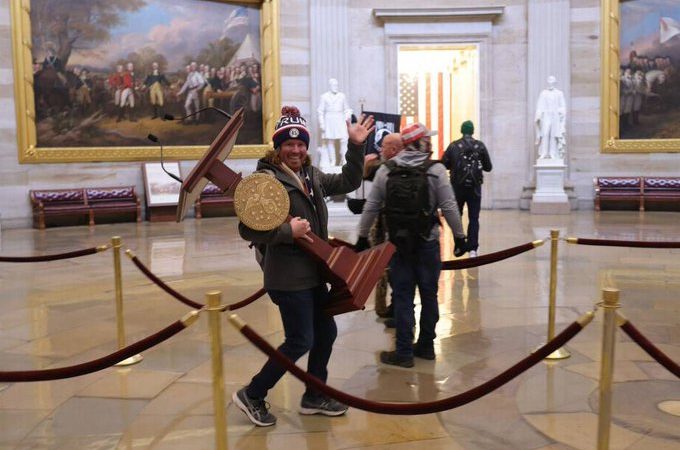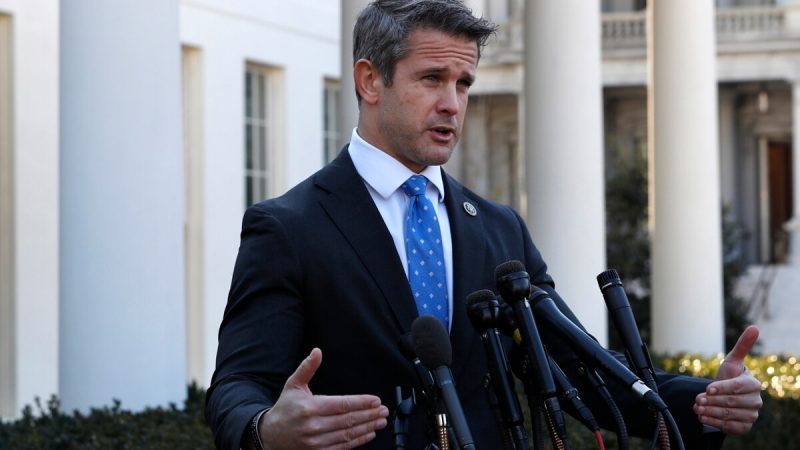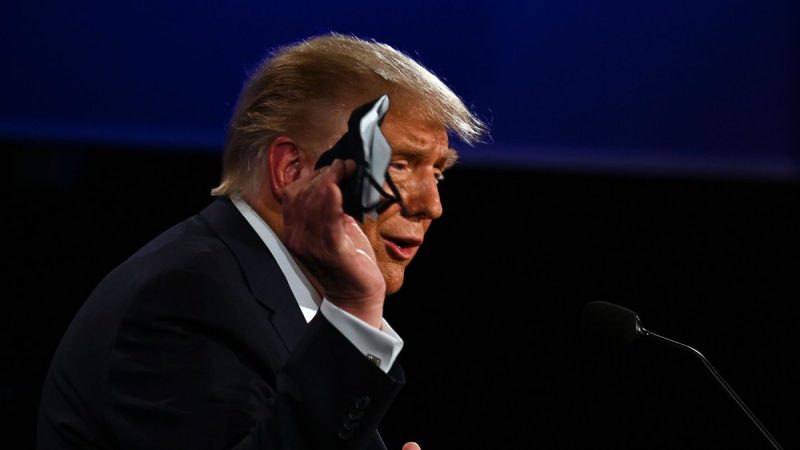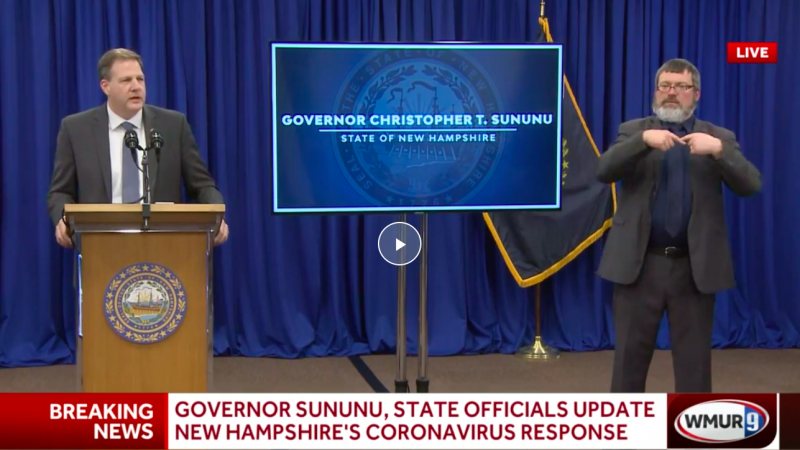He’ll Be Back: Antonin Scalia’s 2016 SCOTUS Racism Could Be Record Setting

We’re approaching the New Year, a concrete period for reflecting upon endings, while preparing for fresh beginnings. For many of us, the structure of a year and its built-in conclusion brings the gift of rest. However not every institution follows the conventional January – December schedule, including the Supreme Court of the United States. A SCOTUS term, by statute, commences on the first Monday in October and typically runs through early summer. What this means: enjoy the holiday reverie while you can. The SCOTUS – and Justice Antonin Scalia – will be back in short order.
The 79-year-old Scalia, a 1986 Reagan appointee, has earned a reputation as the “get off my lawn” Justice. Given the context of the nation’s demographic shifts – the explosion of the Latino population, the general public’s support for marriage and gender equality, the growth of the irreligious constituency – Scalia has become the poster boy of the aging, frightened white man. He’s also a symbol of the casual (if not overt and immediately threatening) racism that tends to accompany that group. I grew up as part of a large Italian family in 1980s Chicago. I heard things.
The issue, as most of us are painfully aware, is that it’s 2015 and Justice Scalia occupies a seat on the highest Constitutional court in our democracy. It’s a lifetime appointment. There’s nothing we can do to change this, and so we must endure a powerful, cantankerous man out of step with modern mainstream thinking – until death (or the less common retirement) due us part. It’s been a rough ride with Scalia, and it’s only going to get rockier.
By now we’re all versed in what our esteemed judicial paragon said on December 9 regarding black academic competitiveness. But just because it’s still so gallingly offensive and inaccurate, and as many citizens as possible should be aware of his exact words, I’ll reprint them here:
“There are those who contend that it does not benefit African Americans to get them into the University of Texas, where they do not do well, as opposed to having them go to a less-advanced school, a slower-track school where they do well. One of the briefs pointed out that most of the black scientists in this country don’t come from schools like the University of Texas. They come from lesser schools where they do not feel that they’re being pushed ahead in classes that are too fast for them.”
Folks, this is an example of racist rhetoric so objectionable that….wait for it…Donald Trump was put off. On December 13, the leading 2016 Republican contender told Jake Tapper on CNN’s State of the Union:
“I don’t like what he said…No, I don’t like what he said. I heard him, I was like, ‘Let me read it again’ because I actually saw it in print, and I’m going — I read a lot of stuff — and I’m going, ‘Whoa!’”
Whoa indeed, Keanu. I verily believe one of the Donald’s largest constituent appeals in his complete lack of position predictability. There’s no such thing as a party line for this guy on any issue. He even splits hairs on intolerance. A vote for Donald is a vote for the perpetual contrarian, appealing to some in these gridlocked times.
Yet we can always count on Scalia to deliver the one-dimensional discriminatory goods. In February 2013, Scalia spoke for the conservative majority that gutted the Voting Rights Act. He described the critical, and quite obviously still necessary Civil Rights legislation as a “perpetuation of racial entitlement.” During oral arguments in 2003’s Lawrence vs. Texas, he referred to homosexual intercourse as “flagpole sitting,” an utterance clearly befitting the class and stature of his position.
My favorite response to Scalia’s latest foray into tired, disproven, corrosive stereotyping came from Senate Minority Leader Harry Reid. The Nevada lawmaker, fairly old and white himself, and not exactly famed for his wit, nonetheless delivered a stinging rebuke on the Senate floor December 10. Referring to Scalia’s inflammatory remarks about African-American achievement, Reid said, “Ideas like this don’t belong on the Internet, let alone the mouths of national figures.”
There are a number of important cases to be decided by the court in 2016 in addition to Fisher v. University of Texas at Austin. Issues regarding legislative gerrymandering, collective bargaining and capital punishment are among a series of bellwether determinations before the justices. Given Scalia’s continually vocal opposition to leveling the playing field according to true democratic principles, we can probably expect him to come down on the wrong moral side of each decision.
Enjoy the judicial-free calm before the winter storm.






